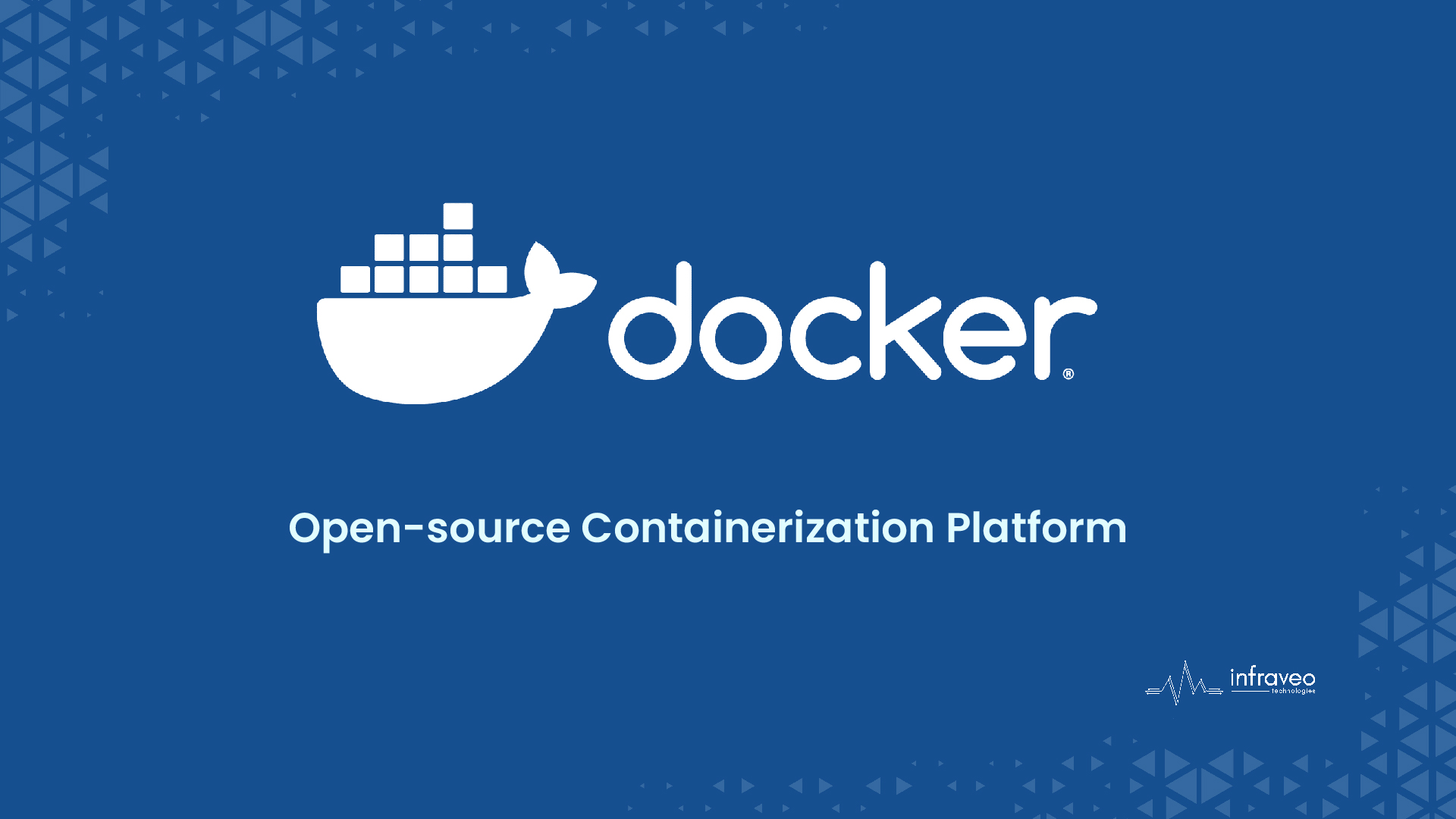Introduction
One of the most popular container platforms is Docker. Due to Docker’s dependability, performance, and functionality software developers are adopting it. Various businesses are adopting it as well. Development was already scalable due to Docker’s containers. which allow you to pace deployment and other activities. Another reason is it contains all the necessary documents and other dependencies The container itself is simple to switch from one environment to another. The part of the DevOps lifecycle where Docker truly shines. Is where users want to be able to assure that the tested code will work properly in their production environment when they deploy their solution.
What is Docker?
A lightweight virtualized environment called a container is used for the development, deployment, and management of programs using the open-source containerization platform Docker. The concept behind Docker, which uses virtualization to construct containers for storing applications, may be comparable to that of virtual machines.
What Is Docker Used For?
- Using less resources when running simultaneous workloads
- Environments should be standardized to provide consistency throughout development and release cycles.
- Building highly portable workloads that can operate on multiple cloud platforms.
- Applications separation and isolation.
- A more affordable alternative for virtual machines.
- A system’s version control system.
Advantages
1) Security:
An application running in a container is more secure than one running on bare hardware. Since Container assumed responsibility for complete isolation and division of device ” within Docker containers from one another, developers have complete control over the traffic flow. Without authorization, one container cannot access the data of another container. Apart from that, each container is provided with a certain set of resources to use.
2) Cost-Effective:
Docker helps the creation and deployment process more efficient by reducing the need for additional infrastructure resources for development and allowing individual process containers to be shared with other apps, with instances of these containerized programs requiring less memory than virtual machines.
3) Consistency:
The software will function consistently in various environments due to Docker. Without encountering issues due to the environment, developers using various machines and operating systems can collaborate on the same application.
4) Automation:
The platform enables users to plan tasks without manual involvement and automate tiresome, repetitive operations.
5) Ensures Scalability & Flexibility:
Docker provides users the highest level of freedom and scalability. The consistency of the environment makes it simple to sort the Docker images across several hosts.
6) Faster deployments:
There is no boot time when starting up container instances since containers virtualize the Platform. As a result, deployments may be completed quickly. To build different apps, users may also share existing containers.
Disadvantages
1) No graphical interface:
If users want to use Docker to run programs that need a graphical user interface, that is not the best option. It is mostly used to host command-line programs.
2) Learning curve:
It takes some time to become used to Docker concepts and how they function, even for engineers who are accustomed to the VM environment. Make careful to account for the necessary learning curve while moving to Docker.
3) Data Privacy:
Based on the assumption that Docker isolates its containers from the host and from one another, there are still a few privacy issues that are specific to it. To help users prevent attacks and privilege vulnerabilities, make use of the best Docker data protection. Being aware of the regulations is important since working with containers can result in several data protection.
Conclusion
Additionally, having a container running the solution while you are developing and testing the code is helpful since it allows users to validate their work in the same environment as production. Docker can be used throughout the DevOps cycle, but the deployment phase is when it really shines. However, a lot of developers expressed strong interest in Dot Cloud’s technology platform, software containers. Since then, Docker has caught the attention of several technology organizations and well-known companies.




